- Free schools for IDP children in Arakan State struggle to stay open amid funding shortfall
- Female-headed IDP households in Ponnagyun Twsp struggle as commodity prices surge
- Min Aung Hlaing likely to take State Counsellor role in post-election government formation: Analysts
- Hindus express hope for educational reform under AA administration
- Arakanese zat pwe performers struggle to survive as conflict halts traditional shows
Crabbing industry suffers amid price decline
Crabbers in Arakan State are struggling as the prices of crabs have steeply declined in the aftermath of Cyclone Mocha.
10 Jul 2023
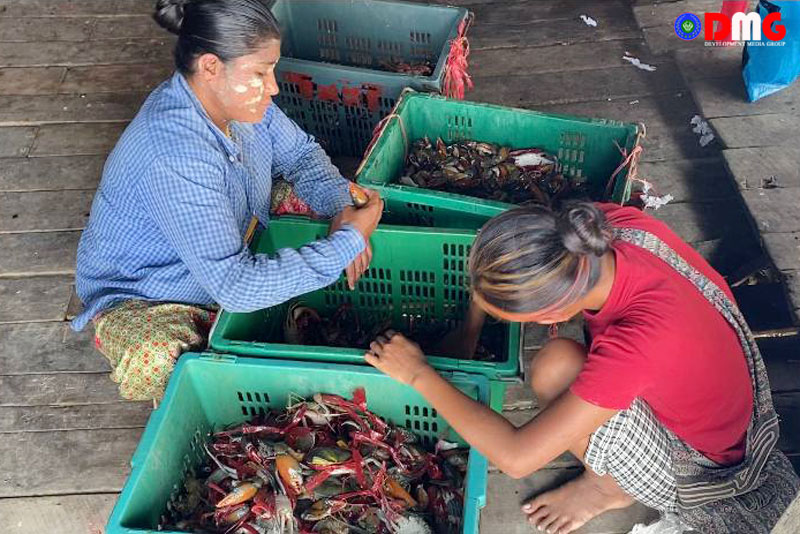
DMG Newsroom
10 July 2023, Sittwe
Crabbers in Arakan State are struggling as the prices of crabs have steeply declined in the aftermath of Cyclone Mocha.
The price of crabs has fallen from 10,000 kyats per kilogramme before the storm to 4,000 kyats now in northern Arakan State.
“Crab prices have dropped significantly. And the catch has also declined. I make a living by catching crabs, and I am therefore struggling to make ends meet. And I also need money to rebuild my house, which was damaged by the storm,” said U Tun Win Myint from Nataungkya Village in Ponnagyun Township.
Some residents in Pauktaw, Rathedaung, Minbya, Myebon and Buthidaung townships make a living by fishing and crabbing. Their catches have significantly declined in Pauktaw in the aftermath of Cyclone Mocha, which made landfall over Arakan State in mid-May.
Daw Mya Hnin Yin, from Thawinchaung Village in Pauktaw Township, said: “Crab prices have dropped following the storm. The catch has also declined. I can’t support my children as I can’t catch crabs. What’s worse, crab prices are declining.”
Many crabbers have been forced to do casual jobs to financially support their families.
“Previously, I got 2,500 kyats for a big crab. But I get less than 1,000 kyats now. So I have to work on farms and do other casual jobs to earn daily wages,” said Ko Aung Naing Oo, from Chaungwa Zedi Taung Village in Buthidaung Township.
Crabs produced in Arakan State are exported to China either directly or through wholesalers in the border town of Muse.
“China does not buy crab in the aftermath of the storm. It has begun to buy again. However, the profit is low because of the high transportation costs. Transportation costs have increased from 100,000 kyats per box previously to 250,000 kyats now. There is a huge price gap. So, the crab industry in Arakan State is suffering,” said crab dealer U Tu Tu from Kyeinkyun Village in Ponnagyun Township.
The crab industry also suffered during the Covid-19 pandemic as the China-Muse overland trade route was closed.




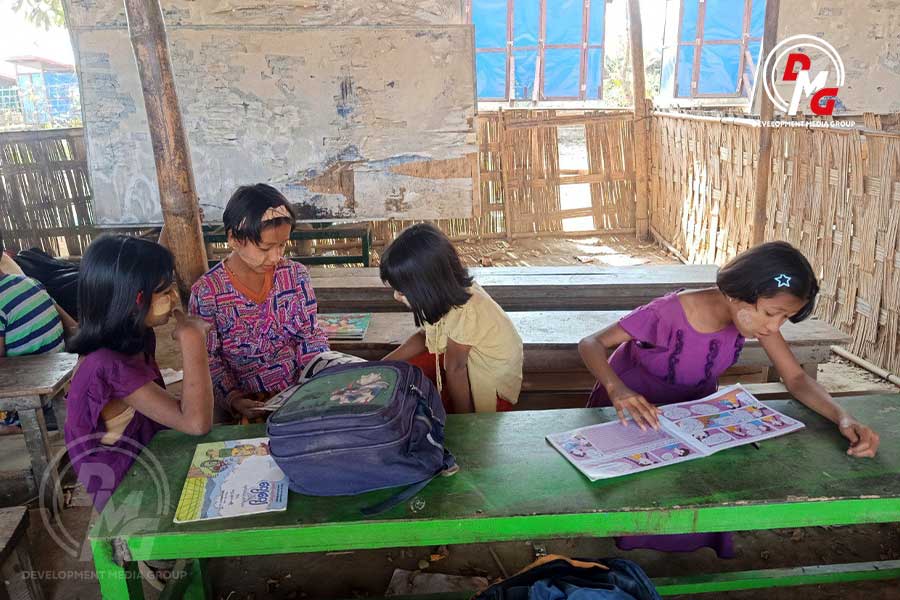
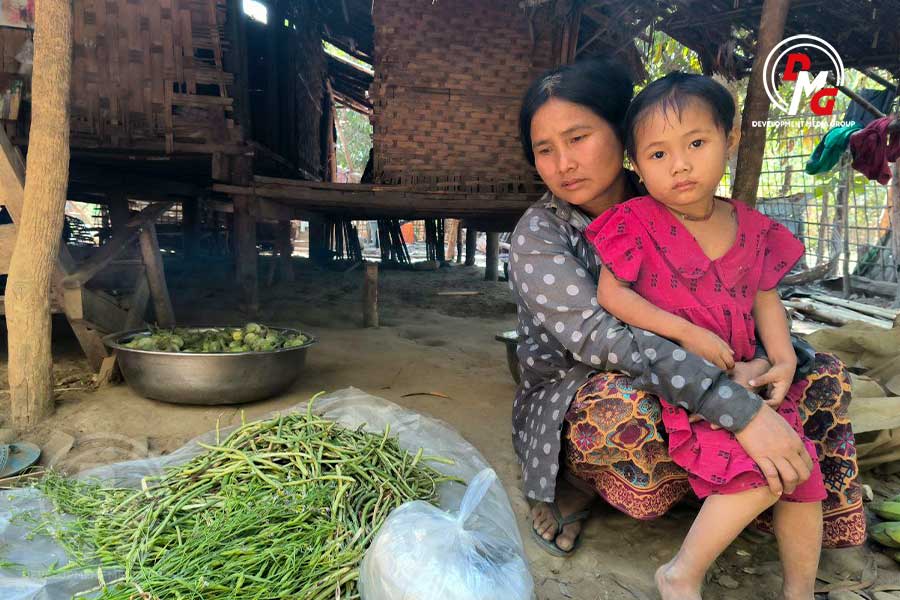

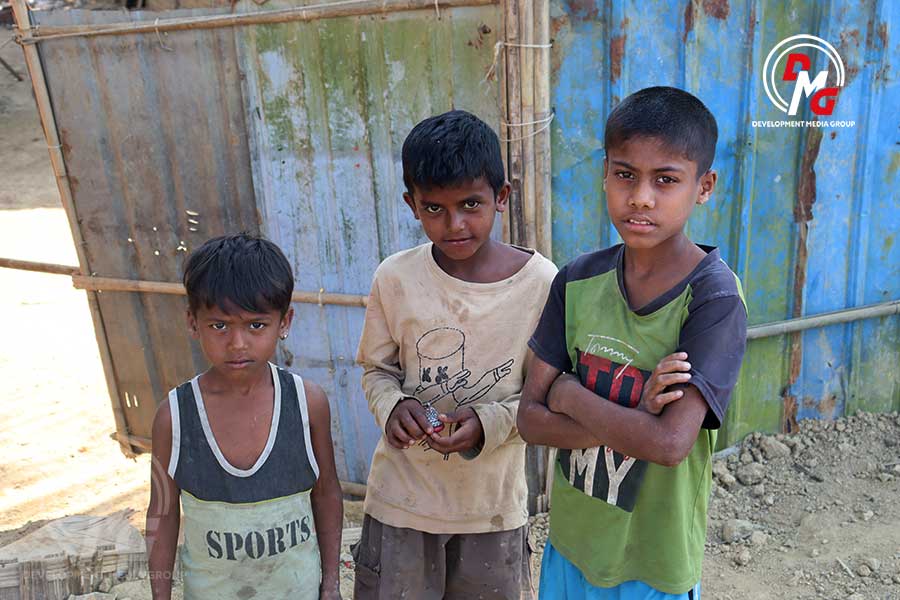
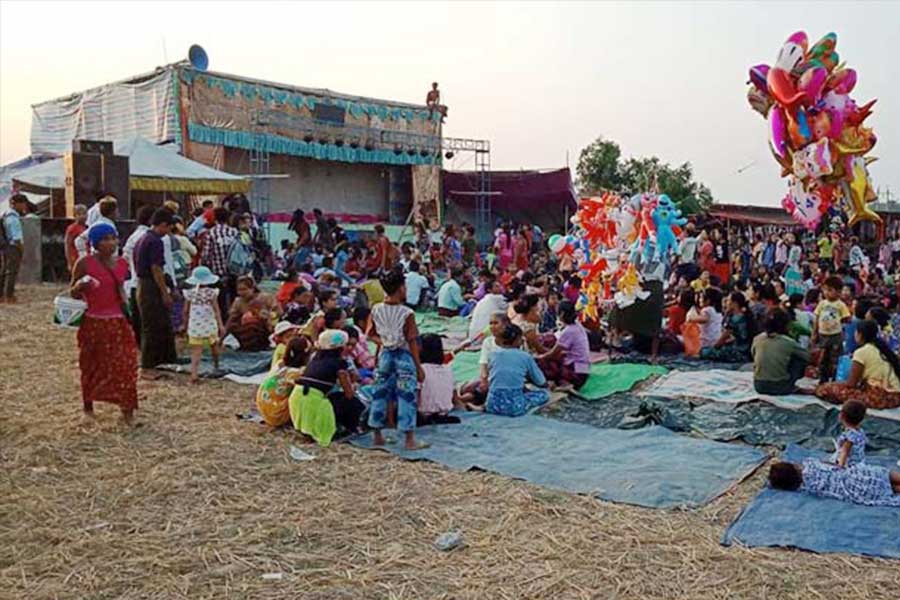








.jpg)